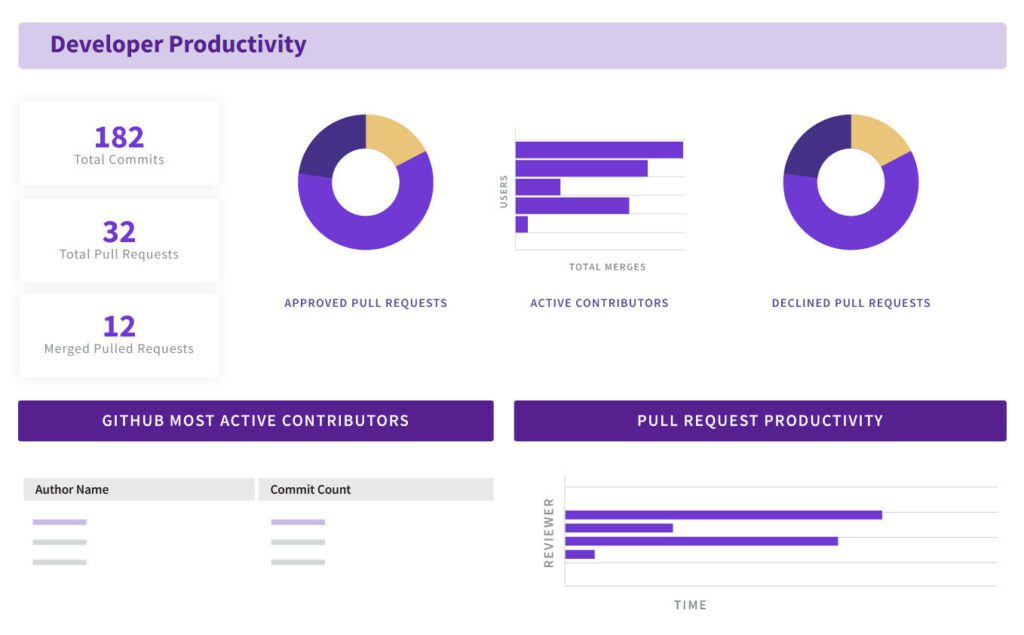Opsera Unified Insights Adds Devops Observability to GitHub Actions
Opsera, a SaaS and cloud native devops platform vendor based in San Francisco, last week announced that Opsera Unified Insights now works with GitHub Actions. Unified Insights is an Opsera service that automatically ingests and analyzes developer metrics. “DevOps teams need not only a deeper level of intelligence, but they need centralized visibility and actionable intelligence to quickly address bottlenecks, inefficiencies, and workflow issues,” said Kumar Chivukula, CEO of Opsera, in a press release. “By integrating GitHub Actions with Opsera Unified Insights, users gain insights across GitHub Actions and all the tools needed for data-driven DevOps maturity improving security, velocity and getting ahead of DORA KPIs,” added Mr. Chivukula in the statement.
What is Observability?
Observability is a generic term which refers to measuring and analyzing the behavior of operational IT systems. To have observability, you first need to manage the logfiles emitted by production systems. A separate system then ingests the logfiles. That system then analyzes the ingested data, visualizing it in graphs and tables. This gives system operators the ability to observe complex system operations. Observability also covers other operational topics, such as alerting and incident management.
Devops Observability Powers High Performing Teams
Devops observability uses the idea operational observability applied to devops, enterprise application development, and value stream management.
One way to observe developer activities is to measure information technology (IT) key performance indicators (KPIs) and use them as feedback to improve performance. Enterprise value streams then use IT KPIs to help determine alignment. This helps to determine the impact of IT on business KPIs.
Measuring how to manage high-performing teams is based on over a decade of research. The so-called DORA (DevOps Research & Assessment) metrics measure lead time for code changes, deployment frequency, the time to restore a service after failure, and the change failure rate. The latest edition of the 70-page State of DevOps Report over a decade of research data presents data that links managing DORA metrics with high-performing teams.
Opsera Unified Insights
Opsera Unified Insights is a new developer observability feature of the Opsera devops platform. According to Opsera’s website, the service provides an analytics platform that ingests metrics generated a range of CI/CD tools such as Jenkins, Gitlab, Jira, and now GitHub Actions.
In the case of GitHub Actions, ingested metrics are translated into dashboards and graphics analyze that raw data. The company provided a sample of an analytics dashboard using GitHub Actions metrics in the press release.

Additional features of Opsera Unified Insights include persona-based dashboards and contextualized logs. Installation and usage of Unified Insights is designed to work automatically with Opsera’s low code devops pipeline tools.
I had a chance to discuss the Opsera Unified Insights GitHub Actions integration with Mr. Chivukula over email. I asked him to describe the developer experience in a little more detail. “Developers do not need any plug-in or CLI to make it easy. Opsera connects to GitHub Actions via native APIs. A webhook or API gateway pulls the data from GitHub and then leverages the Opsera data transformer to publish the KPIs and insights with intelligence. This enables enterprises to build persona-based dashboards,” said Mr. Chivukula in our email correspondence.
Salesforce Devops Needs More Observability
Other major Salesforce devops platforms, including Copado and Flosum, also offer devops observability and support for DORA metrics and analytics. Those other platforms measure developer activities that occur on those platforms. Opsera seems different from those offerings because Opsera ingests raw data from a wide range of developer systems, such as GitHub Actions.
It is nice to see vendors like Opsera bringing devops observability to their offering. Opsera Unified Insights fits in well with their low code devops platform. Better observability is a natural upgrade for an enterprise application development platform. And since you need teams to be using Opsera for this work, Unified Insights plays into one of Opsera’s strengths, which is to be an online place to consolidate enterprise devops activity.






